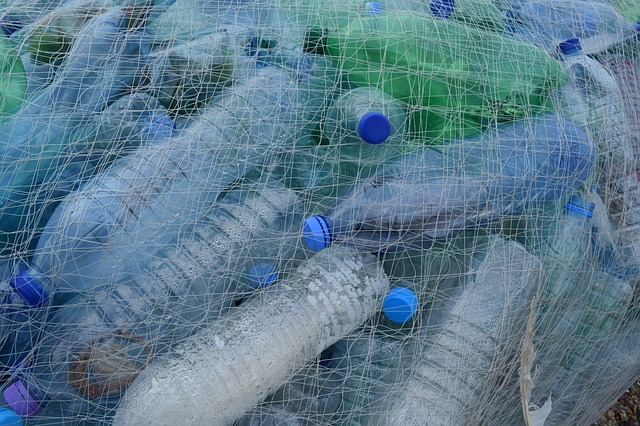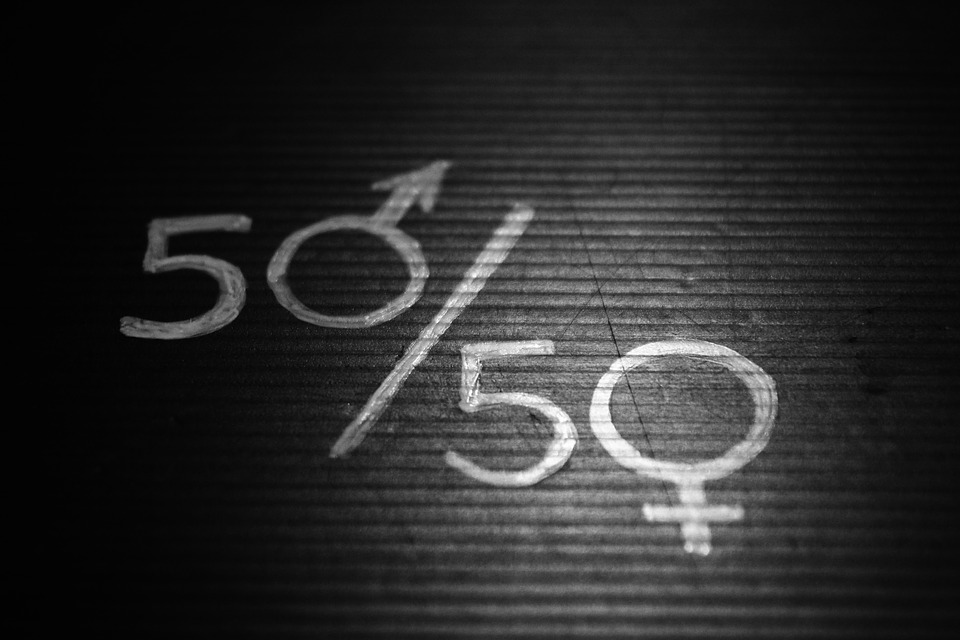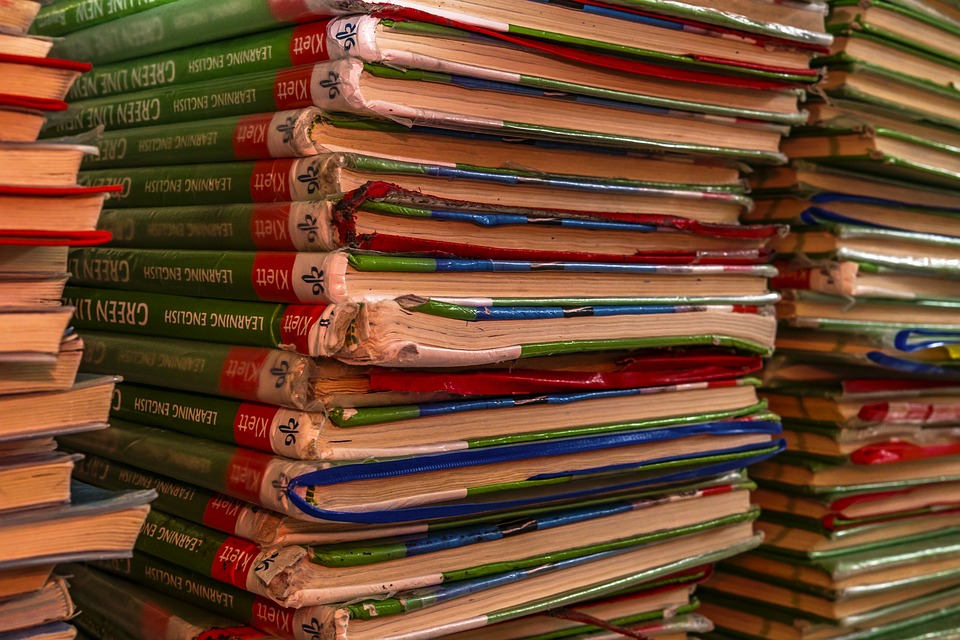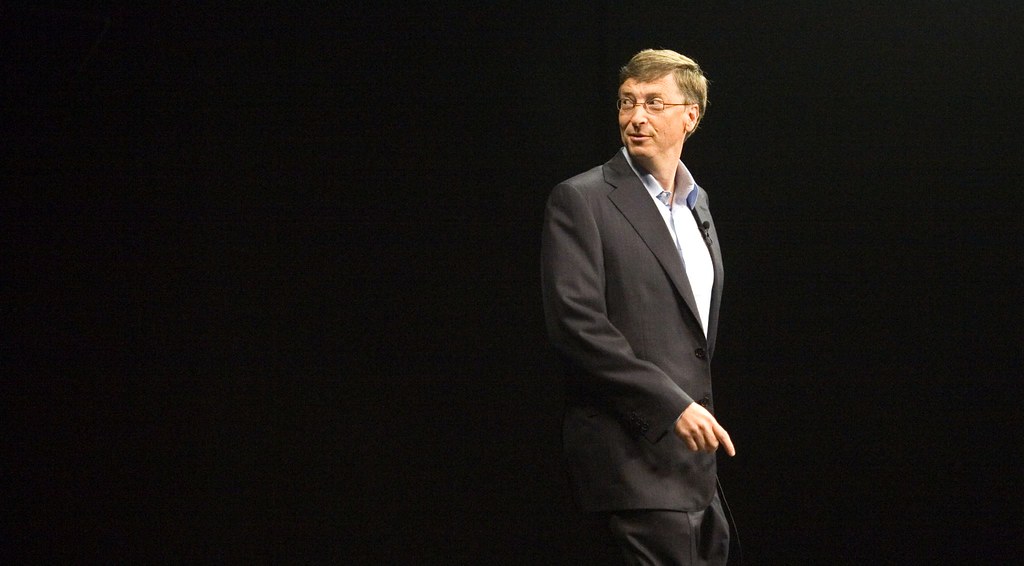Plastic pollution from cigarette waste and single-use plastic packaging is now a public concern. To address this concern, two Global Challenges called on young engineers to develop innovative means of reducing over eight million tonnes of plastic waste entering the oceans every year.
Two groups based in Malaysia and England were both declared winners of the IET challenges, respectively.
The Malaysian team, Team NanoMalaysia, developed an alternative packaging material called ‘PICAS block.’ PICAS block is made up of carrageenan and starch used to create dissolvable food blocks. The team made up of four Ph.D. students; Ivan Ling, Pauline Phoon Bao Lee, Tan Chin Joo, and Ong Chong Cheen, believe that PICAS block will replace grocery shopping bags.
The airing of the BBC’s Blue Planet II series in late 2017 with other programs increased public awareness of plastic waste in the environment. The Prime Minister, Theresa May, also laid out plans to eliminate all avoidable plastic waste by 2042.
Measures to reduce plastic pollution
Last July 2019, the government set aside tens of millions of pounds to fund ideas to reduce plastic waste, and develop alternative forms of packaging. The Institute of Engineering and Technology (IET) also put out a competition to identify innovative techniques for reducing plastic pollution.
Save our Seas engineering challenge of IET had two categories; The Greenpeace and GreenSeas Challenge.
Greenpeace and GreenSeas challenge supported ideas that tackled cigarette waste and single-use plastic packaging, respectively.
Winners of IET global challenge
Ivan Ling of Team NanoMalaysia, winner of the Greenpeace Challenge, award expressed his appreciation for the award:
We’re extremely honored to be chosen as the winner for this prestigious award,We never thought a small team like ours would have the chance to travel to the UK – it’s very exciting.
The winners of Greenpeace Challenge hope to scale the alternative packaging material to a commercial level.
Moreover, a team based in Oxfordshire, Baywatchers, was declared the winner of the GreenSeas challenge.
The team comprising of Helena Livesey, Jonathon Witty, George Fulton, Alexander Morgan created a crab-like robot called Krabb-E which collects cigarette butts from beaches before they are washed out into the sea.
Speaking on behalf of the team, Livesey, a mechanical design engineer at the UK Atomic Energy Authority said;
We wanted to enter as we thought the challenge could have a real positive and global impact, and we’re delighted to have won!
Both teams will receive a cash prize, trophy, and all-expenses-paid trip to attend the IET’s Innovation Awards ceremony in London. Dr. Peter Bonfield, IET President, congratulated the winners on thinking outside the box to create innovative solutions to plastic pollution. He mentioned that the teams strive to bring their innovations to reality, just like the previous winners.







